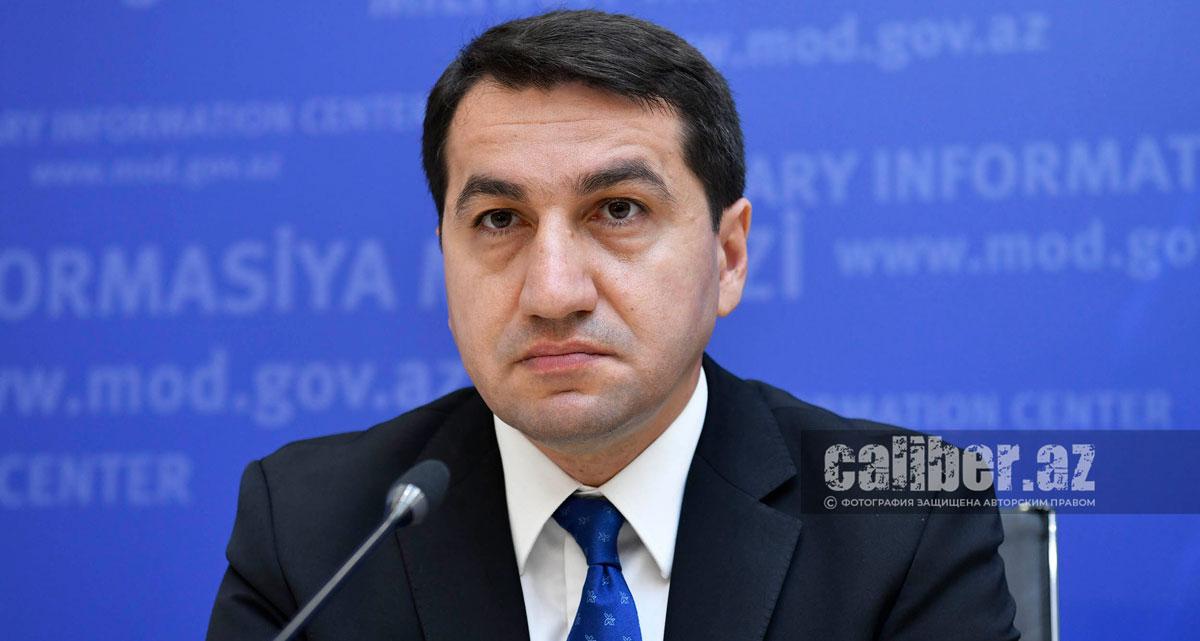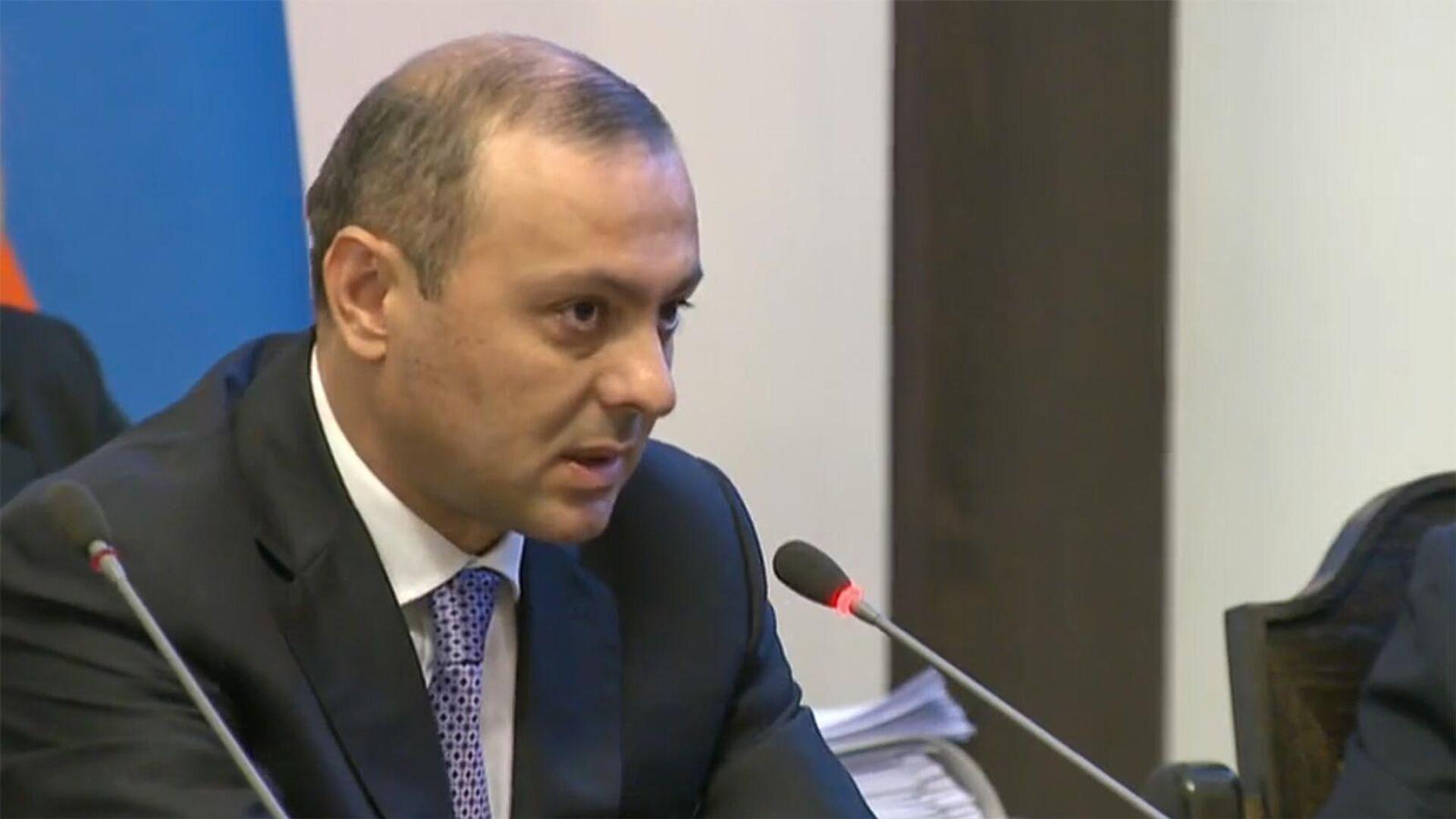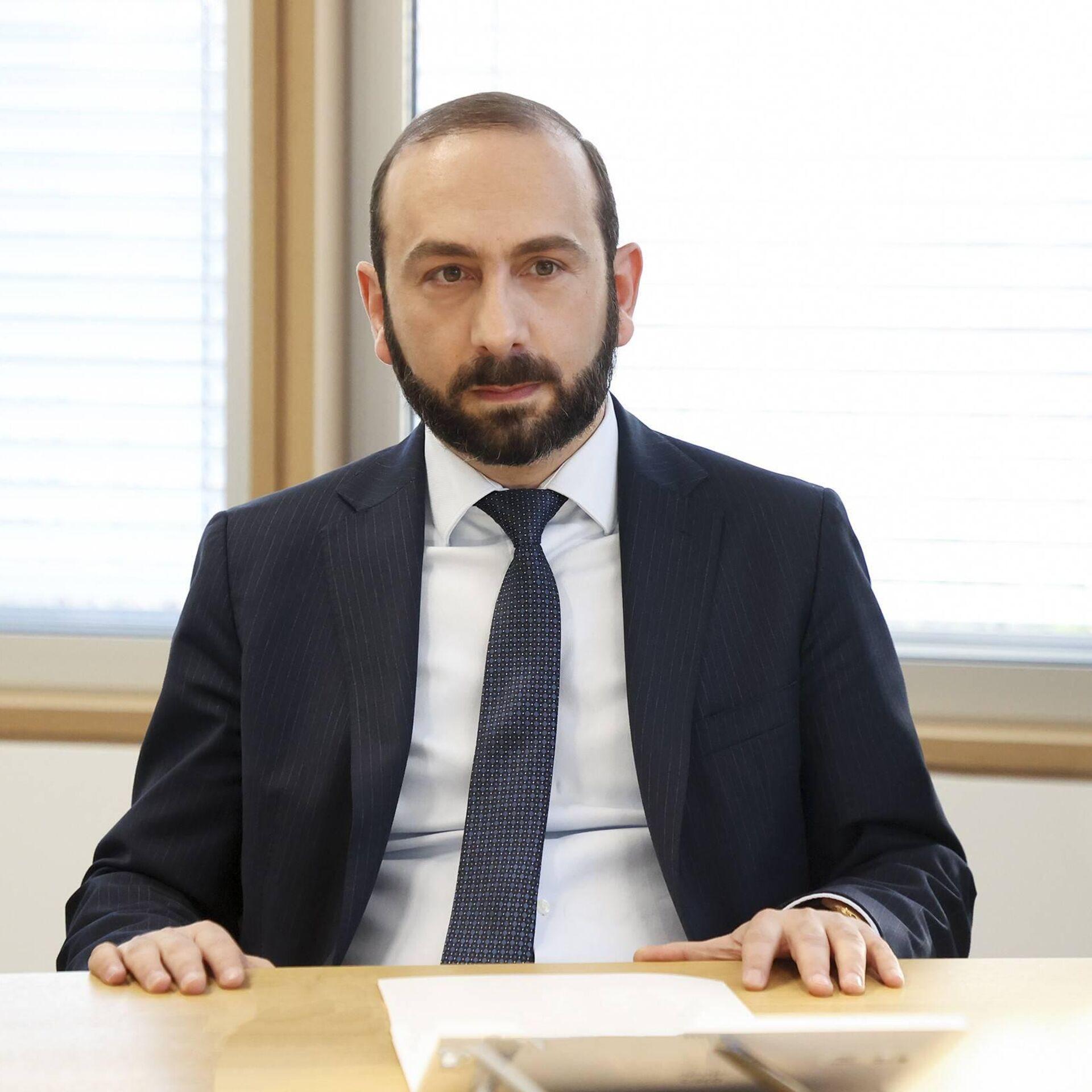Divergent viewpoints among Armenian "doves" and "hawks" lead to hiatus in negotiation process Pacta sunt servanda, Baku says
On the eve of the New Year and in the immediate aftermath, the Azerbaijani side has been quite energetic in demonstrating its commitment to the early signing of a peace treaty with Armenia. For example, the Azerbaijani president's representative for special tasks, Elchin Amirbayov, gave an interview to Estonian public television and the British newspaper The Guardian. According to Amirbayov, Baku handed over the final version of the peace agreement text in late December and is now waiting for Yerevan to respond to its suggestions. Presidential adviser Hikmet Hajiyev also spoke to journalists from the Turkish channel TRT World as well as the German newspaper Berliner Zeitung. Of particular interest is that Hajiyev re-opened the issue of the Zangezur corridor, linking Azerbaijan with Nakhchivan.
Indeed, official Baku's rhetoric in recent months has been that it will not wait for Yerevan's steps to unblock communications and will use alternative routes, which it demonstrated by reaching an agreement with Tehran to build a road to Nakhchivan via Iran (Araz corridor). This could lead official Yerevan to believe that Baku has abandoned the idea of using the Zangezur Corridor. Hajiyev's statement, therefore, had the effect of putting a damper on such hopes. "Pacta sunt servanda" (Contracts must be honoured) was Hikmet Hajiyev's conclusion to his thoughts.

On the other hand, the presidential aide did not say that Baku is making the inclusion of the clause on the route to Nakhchivan in the text of the peace treaty an obligatory condition. At the same time, he stated that there was no need to set rigid time frames, but he did not say the opposite either. In this way, the official side in Baku gave the Armenian side the opportunity and time to reflect on the issue of the opening of communications.
In this context, it is interesting to follow what is happening on the Armenian side.
On January 8, the head of the Armenian Security Council, Armen Grigoryan, gave an interview to Armenian public television. He stated that "official Yerevan has responded in writing to the peace agreement proposals received from Baku on January 4 and is now waiting for the Azerbaijani side's response... There are issues on which agreements were reached during the oral negotiations, but we have seen certain deviations in the text of the peace agreement. Overall, there are still points on which we have made progress". He did not give further details, "purely out of negotiation ethics". According to him, there is a positive dynamic and the parties expect to "finalise and sign the peace agreement as soon as possible".
However, the Armenian side remains silent on the format it prefers to negotiate. Whether the bilateral format is acceptable to the Armenian authorities remains unclear. Sarkis Khandanyan, head of the Armenian parliament's foreign relations committee, said: "Armenia has not yet received such a direct proposal with specific conditions, place and time. The Armenian side will consider whether to accept or reject such a proposal when it comes. We cannot consider public statements as concrete proposals."

This seems to be a little strange to say. Doesn't the joint statement issued by Baku and Yerevan on December 7 result from the bilateral negotiations concluded? In other words, the sides have already passed the stage of proposals and entered the stage of concrete arrangements, and somehow the representative of official Yerevan chooses to deny these initiatives.
Some opposition deputies of the Armenian parliament had an opportunity to acquaint themselves with the preliminary version of the peace agreement text, claiming that it contains only Azerbaijani interests. Armen Grigoryan replied that Armenia's interests are the protection of the country's territorial integrity and sovereignty through the peace agreement. The Armenian side is negotiating in this direction.
The Armenian elites are probably discussing the continuation of negotiations with Baku with or without the participation of Western mediators. Moreover, it seems that both "hawks" and "doves" are inclined not to lose the support of the West. While the "doves" are mainly counting on the West's support in defending the extraterritoriality of the Nagorno-Karabakh corridor, the "hawks" are also hoping that Washington and Brussels will persuade the Armenians to include a clause on "the rights and security of Karabakh Armenians" in the text of the peace treaty. Add to this the interests of the White House and the Elysee Palace in the South Caucasus, and we see that the bond between Armenia and the West will not be easily broken. This is confirmed once again by the visit to Armenia of the US Senior Adviser for Caucasus Negotiations Louis Bono. I should note that Bono's visit to Baku is not scheduled. Taken together with the State Department's recent démarche against our country, this suggests that Washington has nothing to negotiate with Baku at this stage. What was Bono discussing with Armenians?
According to the media, the Armenian Security Council reported that Bono and Grigoryan discussed the process of settlement of Armenian-Azerbaijani relations, the results of the recent negotiations and the implementation of the agreements reached during them. Grigoryan also said that Bono had come to Armenia to organise a trilateral meeting in the US. According to the chairman of the Security Council, Armenia has agreed to participate.
So Yerevan agreed to the negotiations in Washington. But already today, at a meeting with Greek Foreign Minister Gerapetritis, who is in Yerevan, the head of the Armenian diplomacy, Ararat Mirzoyan, said the following: "I would say that we see some regression in Azerbaijan's proposals in terms of content on some points of the text, but also some progress in some other directions". That is to say, he repeated what Grigoryan quoted above.

Armenian politicians may consider it a step backwards Baku's reminder that it is still waiting for steps from Yerevan to open communications following paragraph 9 of the Trilateral Declaration. It is worth noting that the Armenian Foreign Minister is careful not to disrupt the peace process with negative remarks. Even when criticisms are made, they are balanced with positive comments about progress. This shows that while Yerevan may not be ready to negotiate without mediators, they are still committed to preserving the progress made during bilateral negotiations and are not attempting to disrupt the process with negative attitudes.
Isn't this what Hikmet Hajiyev meant when he said that the sides need time, obviously anticipating Yerevan's temptation to try once again to use Western resources to put pressure on Baku? The parties involved in the conflict may have to wait until they are disappointed again before they can sit down for direct negotiations. They may decide to conclude a basic peace agreement without including the communication issue. This would demonstrate to the world and potential mediators that the countries can take cautious steps towards each other and reach a tangible agreement. This agreement would significantly reduce the interference of third countries in the region's affairs and encourage Armenia and Azerbaijan to find a solution to the outstanding issues.
For now, it looks like another pause in the negotiation process.








